12 Top Selling South African Books of All Time

This one is for the readers. If your ideal day is curling up in bed with a book, this list should be of great help. From memoirs of iconic figures such as Mandela and Steve Biko, the heritage of South Africa, and the wise words of Bishop Desmond Tutu. These will have you being the smartest of the lot because of the great insight. Read, like, share but mostly enjoy.
1. Long Walk To Freedom – Nelson Mandela
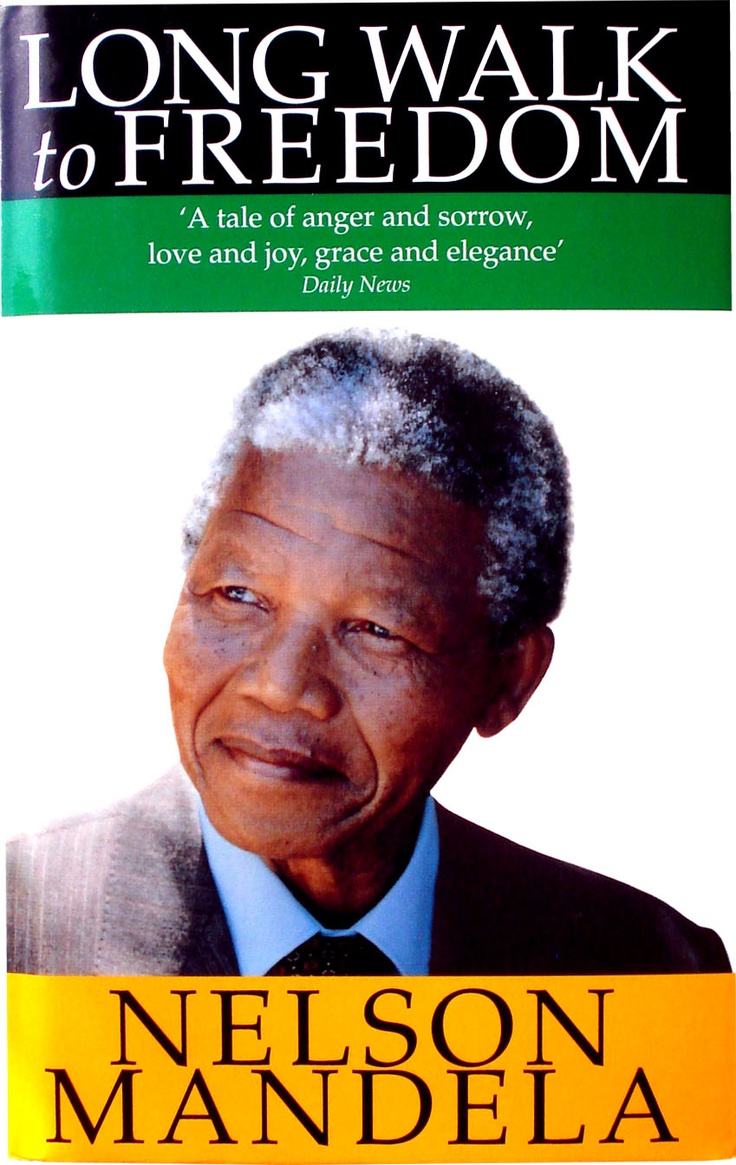
A book where the ex South African president reveals much of himself in Long Walk to Freedom. This autobiography was written secretly while Mandela was imprisoned for 27 years on Robben Island by South Africa’s apartheid regime. It cost him two marriages and kept him distant from a family life he might otherwise have cherished. Long Walk to Freedom also discloses a strong and generous spirit that refused to be broken under the most trying circumstances – a spirit in which just about everybody can find something to admire.
2. Playing the enemy – John Carlin
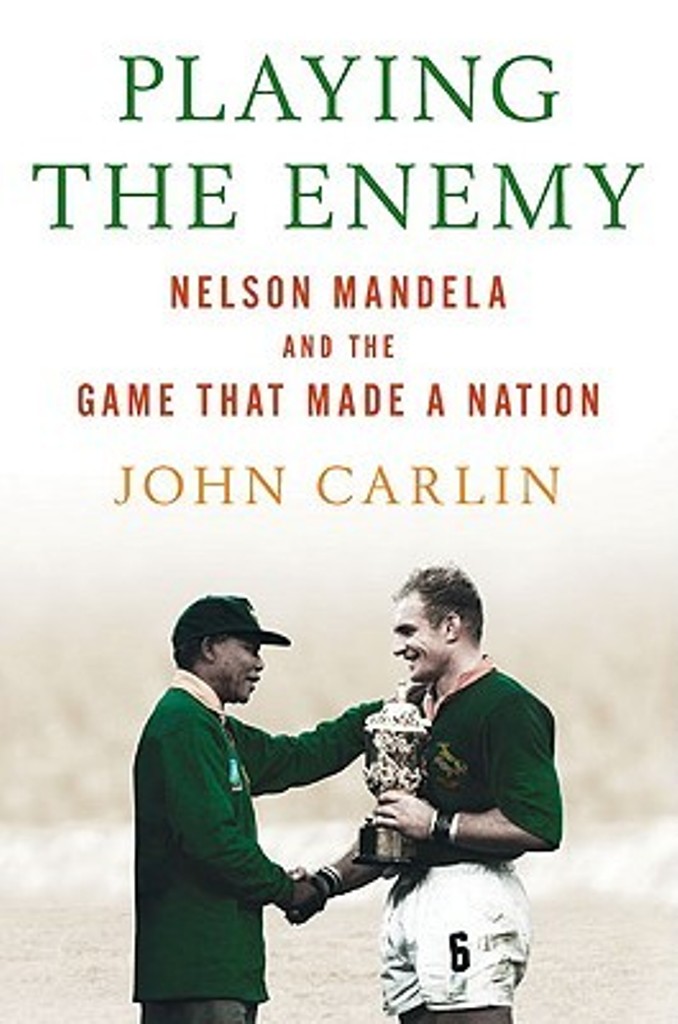
John Carlin tells the story of the final of the 1995 Rugby World Cup and the decisive role it played in creating a real post-apartheid South African nationalism. He interviews much of the squad and its management, Nelson Mandela’s bodyguards, ANC insiders and the head of the apartheid South African intelligence service. He has woven their lives and reactions to the game into a broader, and highly readable, history of South Africa’s transition to democracy. The core of the narrative concerns Mandela and his role in making history out of a game. In the early Nineties, rugby did not appear to be the stuff from which a non-racial democratic South Africa would define itself.
3. Mandela – Tom Lodge

This is a highly revealing look at one of the most celebrated political figures of our times. It draws upon a range of original sources. The author explores the making of a modern-day political hero, from Mandela’s childhood years through to his role as a statesman in the construction of the new South Africa. Nelson Mandela, the first African politician to acquire a world following, remains in the 21st century an iconic figure. The strength of this book is that it tells its extraordinary tale with clarity, narrative focus and analytical shrewdness, teasing out the man from the encrusted myth
4. No future without forgiveness – Desmond Tutu
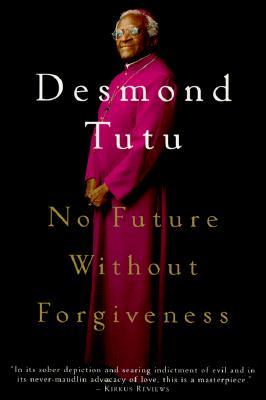
Desmond Tutu tells the story of South Africa’s Truth and Reconciliation Commission (TRC), formed to address the countless crimes against humanity committed on all sides in apartheid’s dark history. Rather than burden the new nation with potentially endless criminal trials wherein the accused are constrained to defend themselves against the threat of imprisonment and victims can only expect state-mandated retribution as a form of justice. The TRC gave victims and the accused the opportunity to simply tell their stories. The author shows how letting victims and perpetrators face each other as humans can influence courageous acts of forgiveness that serve as symbols for their nation and the world.
5. God has a dream – Demond Tutu
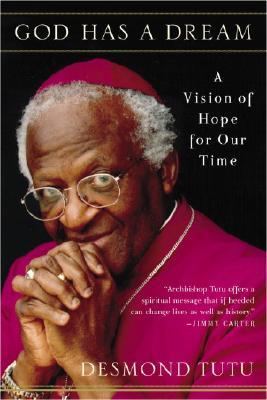
In God has a dream, Tutu contends that God depends on us to be carriers of justice, healing, and wholeness in a world twisted and torn by hated, divisiveness, and violence. He refers to the African ideal of ubuntu, which acknowledges that our private well being is contingent on the health and happiness of those around us. Boldly, he challenges us to see our suffering neighbours and even strangers as part of our family. Addressing the fear, anger, insecurity, and vulnerability that many people around the world are feeling, the author proclaims that God is present in our lives and does not ignore us when we are experiencing helplessness or hopelessness. The author also asks us to believe that for every act of evil that is emblazoned in today’s headlines, there are many acts of goodness that go unnoticed. But God takes note and is pleased when human beings reach out to each other in compassion, forgiveness, and generosity.
6. A history of South Africa – Leonard Thompson
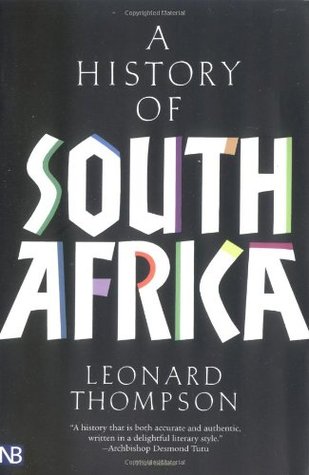
A History of South Africa describes a little about the native South Africans before settlers arrived, then goes through the story of the Dutch taking over, then the British, how apartheid began, what it meant for the various ethnic groups, and ultimately how apartheid ended. Nelson Mandela has a prominent place throughout most of the book. It explores the history of South Africa, from the earliest known human inhabitation of the region to the end of the 20th century. For the third edition, the author adds two new chapters on the transfer of power and South Africa under the presidencies of Mandela and Mbeki.
7. Mukiwa – Peter Godwin
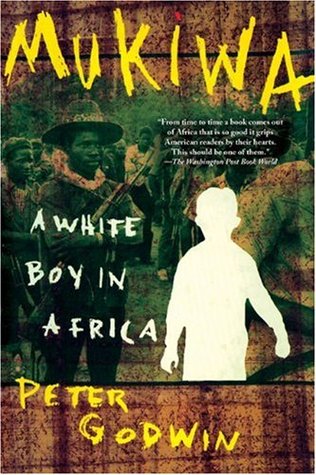
Mukiwa is a six year old who describes the murder of his neighbour by African guerrillas, in 1964, pre-war Rhodesia. The authors parents are liberal whites, his mother a government-employed doctor, his father an engineer. Through his innocent, young eyes, the story of the beginning of the end of white rule in Africa unfolds. The book follows Godwin’s personal journey from the eve of war in Rhodesia to his experience fighting in the civil war that he detests to his adventures as a journalist in the new state of Zimbabwe, covering the bloody return to Black rule. With each transition Godwin’s voice develops, from that of a boy to a young man to an adult returning to his homeland. This tale of the savage struggle between blacks and whites as the British Colonial period comes to an end is set against the vividly painted background of the mysterious world of South Africa.
8. Kaffir boy – Mark Thabane
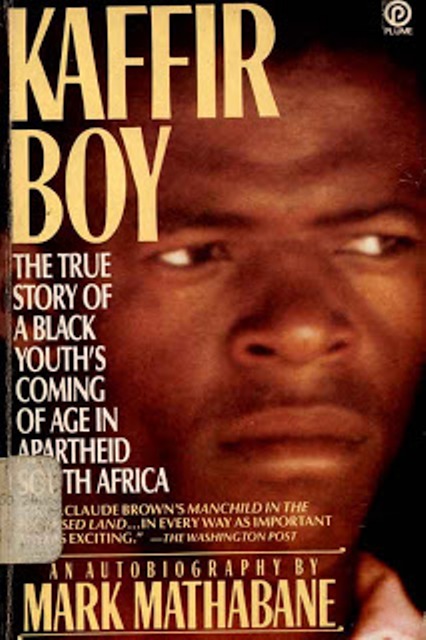
The book describes Mark Thabane’s first memories of white people. He acknowledges both the ignorance and the benevolence of the white population who affected his coming of age, during the bloody reign of apartheid in South Africa. It was through his association with liberal whites that Mark learned the skill for tennis that was the key to his future in America.
9. Country of my Skull – Antjie Krog
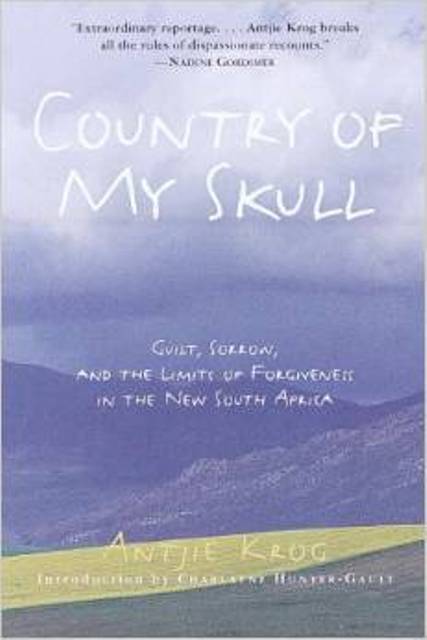
Country of My Skull captures the complexity of the Truth Commission’s work. The narrative is traumatic, vivid, and provocative. The author lures the reader actively and inventively through insights, impressions, and secret themes. Established in 1995, the commission faced the awesome task of hearing the testimony of the victims of apartheid as well as the oppressors. Amnesty was granted to those who offered a full confession of any crimes associated with apartheid. In this book, Antjie Krog, a South African journalist and poet who has covered the work of the commission, recounts the drama, the horrors, the wrenching personal stories of the victims and their families. Through the testimonies of victims of abuse and violence, from the appearance of Winnie Mandela to former South African president P. W. Botha’s extraordinary courthouse press conference, this award-winning poet leads us on an amazing journey.
10. I write what I like – Steve Biko
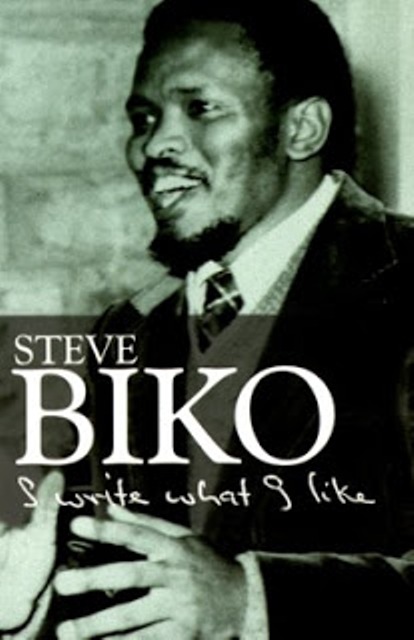
This is a collection of the writing of the famous activist and black consciousness leaders Steve Biko, prefaced by Archbishop Desmond Tutu. Before his untimely death in detention at the age of 30, Biko was an instrumental force in uniting black Africans in the struggle against the apartheid regime. This collection represents his writing in the journal of the South African Student organisation where his column was titled I write what I like and was written under the pseudonym of Frank Talk and includes other journal articles which Steve wrote at the time.
11. Cry The Beloved Country – Allan Paton
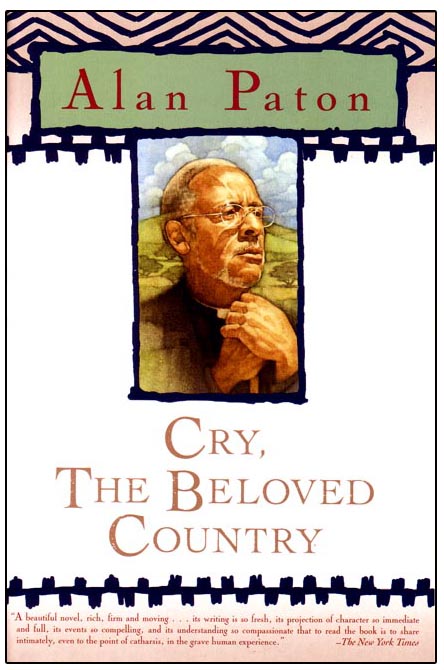
When first published in 1948 in apartheid South Africa, Cry, the Beloved Country raised more than eyebrows as a powerful book about the power of unity and an author’s unflinching hope of a future where segregation no longer exists. The book summoned feelings of pride, optimism, and anticipation of a long-desired goal. The story is a humanizing experience that evokes feelings of sympathy and understanding, not hatred for a system so blatantly wrong. The readers feel a connection to three things: the land, an old black rural priest searching in a corrupt city for his son, and an old white rural man confronting the loss of his son. All three aspects of the book are connected by a common thread. This is ideal for fans of poetry who want to read a good work of prose.
12. The Power of One – Bryce Courtney
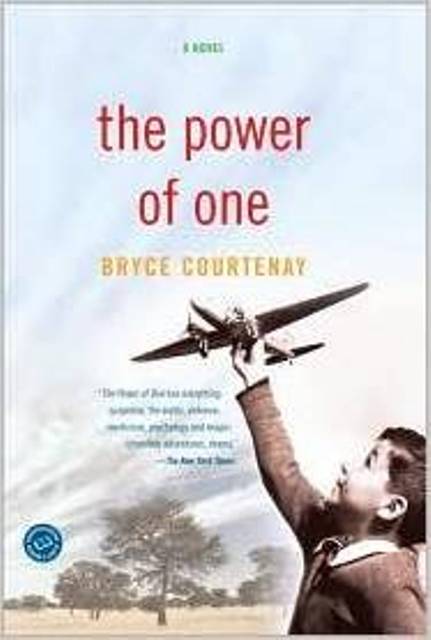
The Power of One is set in South Africa, starting shortly before World War Two, and following approximately fifteen years in the life of our narrator, Peekay. At the age of six, Peekay decides that his life’s ambition is to become the welterweight champion of the world in boxing. The rest of the novel follows him as he works to realize this dream. Peekay is a young English boy living in a racially diverse and tense society. The book encourages one to learn more about the Boer War and the history of South Africa.




